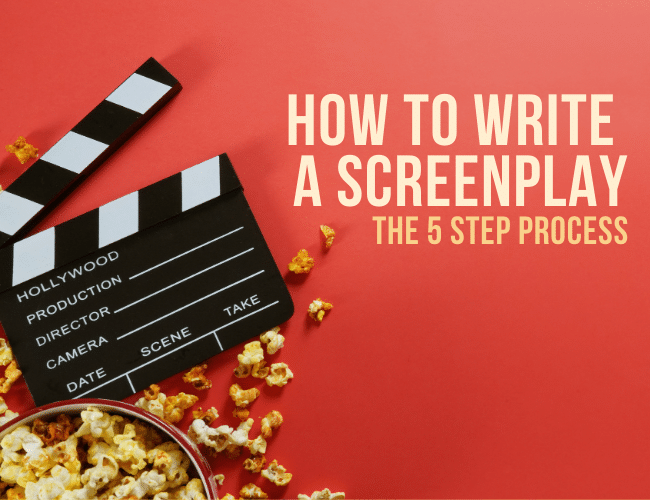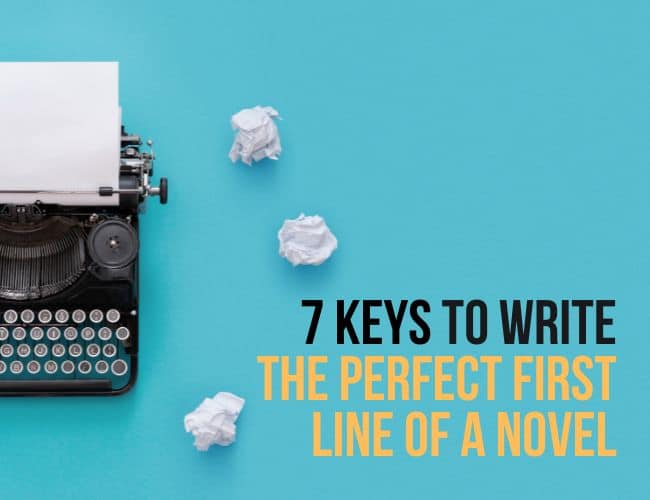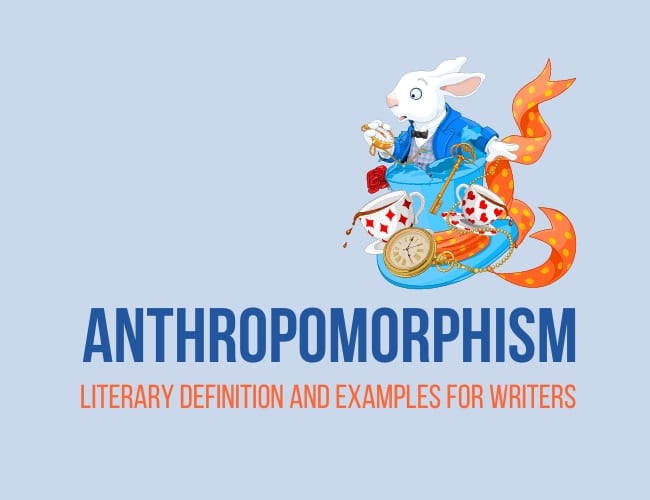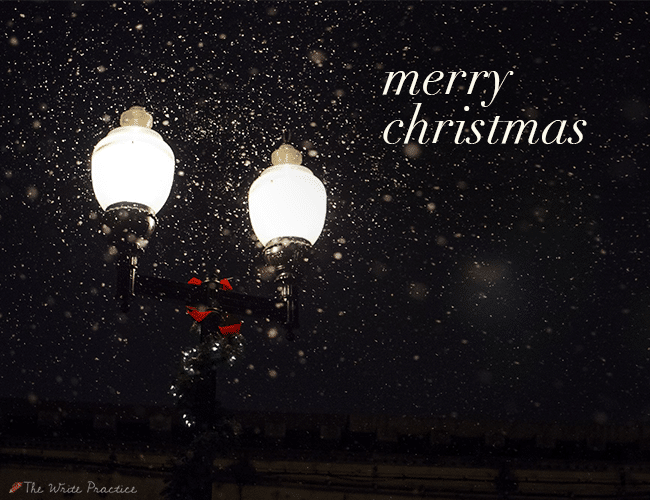
by Joe Bunting |
Have you ever fantasized about writing a Hollywood movie? Or maybe, with a bit of luck, create the next Lost.
In a visual age, with the decline of traditional publishing, some look to writing screenplays as a way to create the “literature of the future.”
But what is the process to write a screenplay? How do you even begin? And how is it different or similar to writing a novel? In this post we’re going to look at the five step process professional screenwriters use.

by Joe Bunting |
Earlier this week, I read “Poppies,” a short story by Ulrica Hume, one of our authors on Story Cartel. Initially, I had only planned on skimming a few pages, but the first line hooked me. Before long, I was finishing the last page.
Great first lines have that power, the power to entice your reader enough that it would be unthinkable to set the book down. How, then, do you write the perfect first line?

by Joe Bunting |
Children’s books often use animals as main characters, giving them human-like characteristics to connect with readers in real life. Did you know there’s a name for that? Let’s look at anthropomorphism’s literary definition and some examples.

by Joe Bunting |
Merry Christmas! Happy Holidays! The Write Practice will be on hiatus from December 23 through the 28.
In the meantime, here’s a Christmas writing prompt to give you some creative inspiration over the holidays.
by Joe Bunting |
It’s the end of another long year, and so I’m curious. What did you accomplish this year in your writing? Did you reach any major goals or milestones? Did you publish anything? Did you write something you loved?
In these last few days of 2023, before we set our goals for next year, let’s take a second to sit in what we accomplished over the last year.






